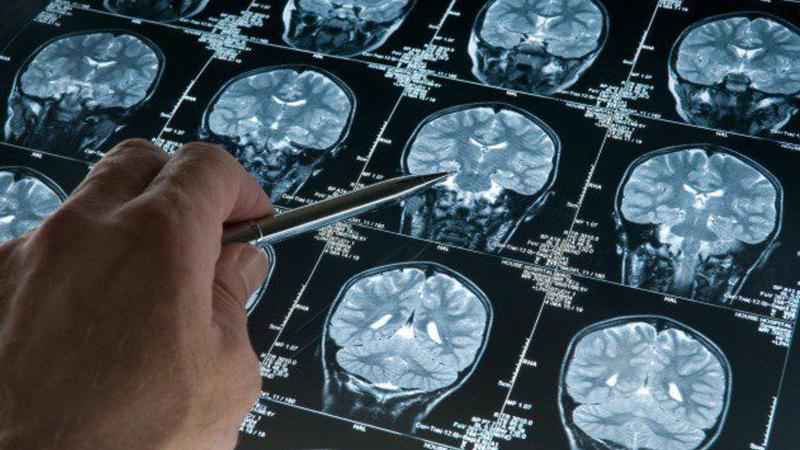Health care professionals hearing more people complain about memory loss during the pandemic
[anvplayer video=”5030812″ station=”998122″]
Ever have a hard time remembering what day of the week it is? Doctors are hearing more people complain about memory loss during the pandemic.
Some health care professionals describe it as COVID-19 brain fog.
According to Allina Health Neurologist Dr. Jesse Corry, the fogginess in our brains is real.
"We don’t have those moments in our life right now to kind of help attach and consolidate other memories too," Corry said. "And so things become almost like Groundhog Day, it’s the same day, but for the last 15 months."
While there is no medical term for what people are experiencing, Corry said there is research going on right now into what the pandemic has done to some people’s brains. To demonstrate, he showed KSTP functional MRI scans that measure blood flow and oxygen use and can show how isolation affects our brains.

"As we’re all aware, depression, anxiety, these are all much increased during the pandemic," Corry said. "We know that people who have depressed brains have changes in their brain where the cortex, that agreement becomes thinner, that brain is changing its structure because of its depression. This could possibly represent changes in the brain we may see in people during the pandemic, or the depressions changing their brain physically," he said.
So why is it happening?
"We’re experiencing isolation," says Therapist Liz Kittleson from WildTree Psychotherapy. "We’re not having that social engagement. We’re also not engaging in the rituals and structures that we’re used to."
Kittleson said the isolation anxiety many people have experienced during the pandemic can impact our mental health.
"Of course, yes," she said. "It’s the nature of the pandemic slowing everything down. It’s the stress that creates this focus on other things and focus on other pieces that we’re not really setting new memories right. We’re just constantly stressed a little bit. And then that isolation, we’re not having the engagement socially that often marks the passage of time."
Kittleson believes things will get better for most people once they start doing more activities and are social again.
But for those who are worried, Kittleson suggests, "It’s worth talking about with your primary care physician if it’s feeling like significant memory loss. But if it feels like it just feels off and it feels like a bit mundane and blur a couple of weeks or a couple of days, think about how to bring in more structure. Think about how to bring in more social events. Don’t feel so isolated. Create those events that become markers for your times."
For those who would like to speak with a medical professional about memory loss or brain fogginess, Allina Health offers a wide variety of services at the John Nasseff Neuroscience Specialty Clinic.